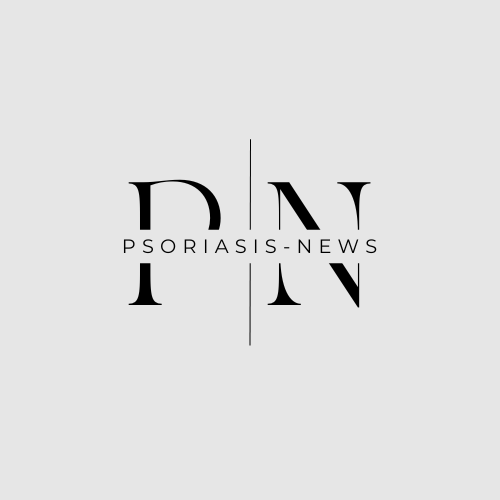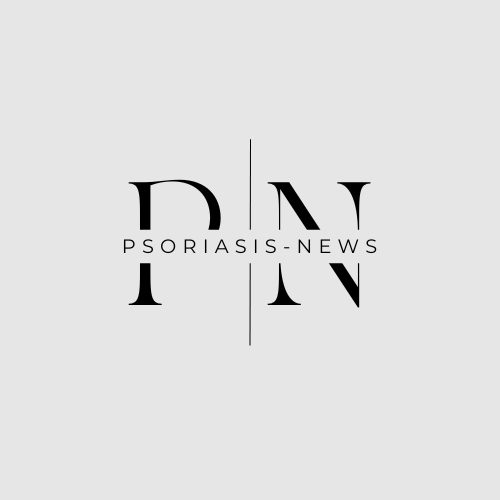Hautarzt. 2021 Sep 20. doi: 10.1007/s00105-021-04885-3. Online ahead of print.
ABSTRACT
BACKGROUND: With AtopicHealth1, the first national care study on atopic dermatitis (AD) was conducted in 2010. At that time, about one third of the patients undergoing treatment by dermatologists showed severe limitations in quality of life, which indicated an insufficient quality of care. The aim of the present study was to characterise the current care of patients with AD undergoing dermatological treatment in comparison between different severity grades, as well as in comparison to 2010 and to psoriasis.
METHODS: The Germany-wide multicentre cross-sectional study "AtopicHealth2" recorded clinical data, quality of life (DLQI), therapies, preventive behaviour and patient-defined treatment benefit (PBI). Patients with an indication for systemic therapy were considered moderately to severely affected for subgroup analyses, the others mildly affected.
RESULTS: Between 2017 and 2019, 1291 patients (median age 41 years, 56.5% female) were enrolled by 111 centres. Compared with 2010, there were no improvements in quality of life (DLQI 8.5 in both studies), severity (SCORAD 45.4 vs. 42.3 in 2010) or treatment benefit (PBI 2.2 vs. 2.4 in 2010). Moderately to severely affected patients were more likely to show impaired quality of life (45.4% vs. 23.6%) and less likely to have relevant treatment benefits (PBI < 1: 21.3% vs. 13.2%) than mildly affected patients. In contrast to psoriasis, patients with AD revealed higher quality of life limitations (DLQI 8.5 vs. 6.1) and lower treatment benefit (PBI 2.2 vs. 2.8).
DISCUSSION: Compared to 2010, there is no improvement in the quality of care for AD in Germany. Compared to psoriasis, patients with AD show higher burden and lower treatment benefit, which underlines the need for therapeutic innovations.
PMID:34542647 | DOI:10.1007/s00105-021-04885-3

